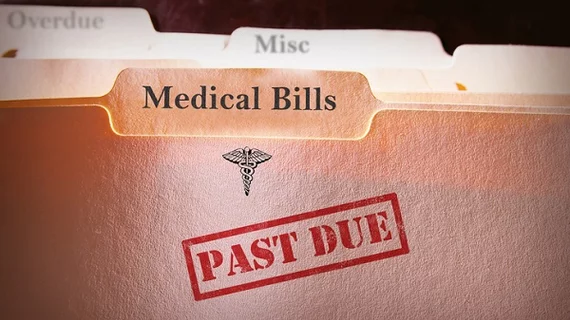Biden administration outlines next steps following surprise billing ruling in Texas
The Biden administration is detailing next steps after physicians recently scored a “major victory” in court over legislation to address surprise medical bills.
A Texas judge last week struck down one key provision of the No Surprises Act, governing how out-of-network payment disputes are settled between payers and providers. In an update shared Monday, the administration said it is now reviewing the decision and contemplating what comes next.
The Departments of Health and Human Services, Labor and Treasury said they’re taking several actions to conform with the Texas court’s order. Those include withdrawing guidance related to the part of the rule that has been invalidated and providing training to certified independent dispute-resolution entities on the changes.
“This court's order did not affect any of the departments' other rulemaking under the No Surprises Act,” according to the Feb. 28 update. “Thus, consumers continue to be protected from surprise bills for out-of-network emergency services, out-of-network air ambulance services, and certain out-of-network services received at in-network facilities.”

